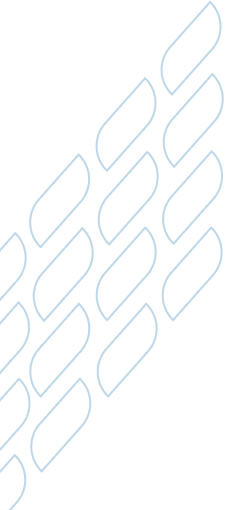
In today’s rapidly evolving workforce landscape, the need to track and assess employee competencies and skills has never been more crucial. From addressing worker shortages to meeting the demands of specialized industries like healthcare, organizations are facing unique challenges that require a more strategic approach to talent management.
While the concept of competency tracking is not new, many organizations still struggle to implement it. Some rely on outdated methods such as physical binders and paper-based systems, which are ill-suited to meet the needs of the modern workforce. Even those with digital checklists may find them insufficient for upskilling initiatives.
To ensure your organization stays ahead of the curve and operates to its fullest potential, it’s essential to expertly track and assess employee competencies. Here’s how:
Centralize: Digitized Competency Checklists
The first step in effective competency tracking is to centralize your systems using digitized checklists. Traditional paper-based methods are cumbersome, prone to errors, and difficult to update. By transitioning to digital platforms or tools, organizations can streamline the process of tracking competencies, making it easier to access, update, and analyze data in real-time. Centralization creates efficiency for learners and proctors and allows competencies to travel with the learner. Examples of platforms that do this well are Dossier and Kahuna.
Upskill: In-depth Skills Tracking
Beyond basic competency checklists, organizations must invest in in-depth skills tracking to fully understand employee capabilities. This involves capturing detailed information about individual skills, experiences, and qualifications. By tracking skills at a granular level, organizations can identify strengths and areas for improvement, enabling targeted training and development initiatives. In-depth skills tracking also provides valuable insights for workforce planning and succession management.
Assess: Identify Gaps and Personalize the Learning Experience
While checklists are useful for tracking known competencies, they only provide part of the picture. It’s equally important to assess employee competencies to identify gaps and personalize the learning experience. Traditional assessments often fall short in this regard, as they fail to account for individual learning styles and preferences. Adaptive learning platforms offer a solution by delivering personalized assessments that target specific areas of need. By tailoring learning experiences to each employee, organizations can ensure they receive the information they need to succeed, without wasting time and resources on redundant training.
Unite: End-to-End Tracking and Assessments
In many organizations, skills tracking and assessments are treated as separate processes, leading to inefficiencies and missed opportunities for improvement. Moreover, existing assessment methods may lack the sophistication needed to deliver meaningful insights. To address these challenges, Amplifire’s Workforce Competency offering integrates skills tracking and assessments under one roof. By partnering with leading competency management software like Dossier and Kahuna, Amplifire provides organizations with a comprehensive solution for tracking, assessing, and improving employee competencies. This end-to-end approach enables seamless integration between tracking, assessment, and proof of knowledge, empowering organizations to optimize their talent management strategies.
Effective competency tracking and assessment are non-negotiable for organizations looking to thrive in today’s dynamic workforce environment. By centralizing systems, investing in in-depth skills tracking, personalizing the learning experience, and integrating tracking and assessment functions, organizations can ensure they have the right talent in place to achieve their goals.







